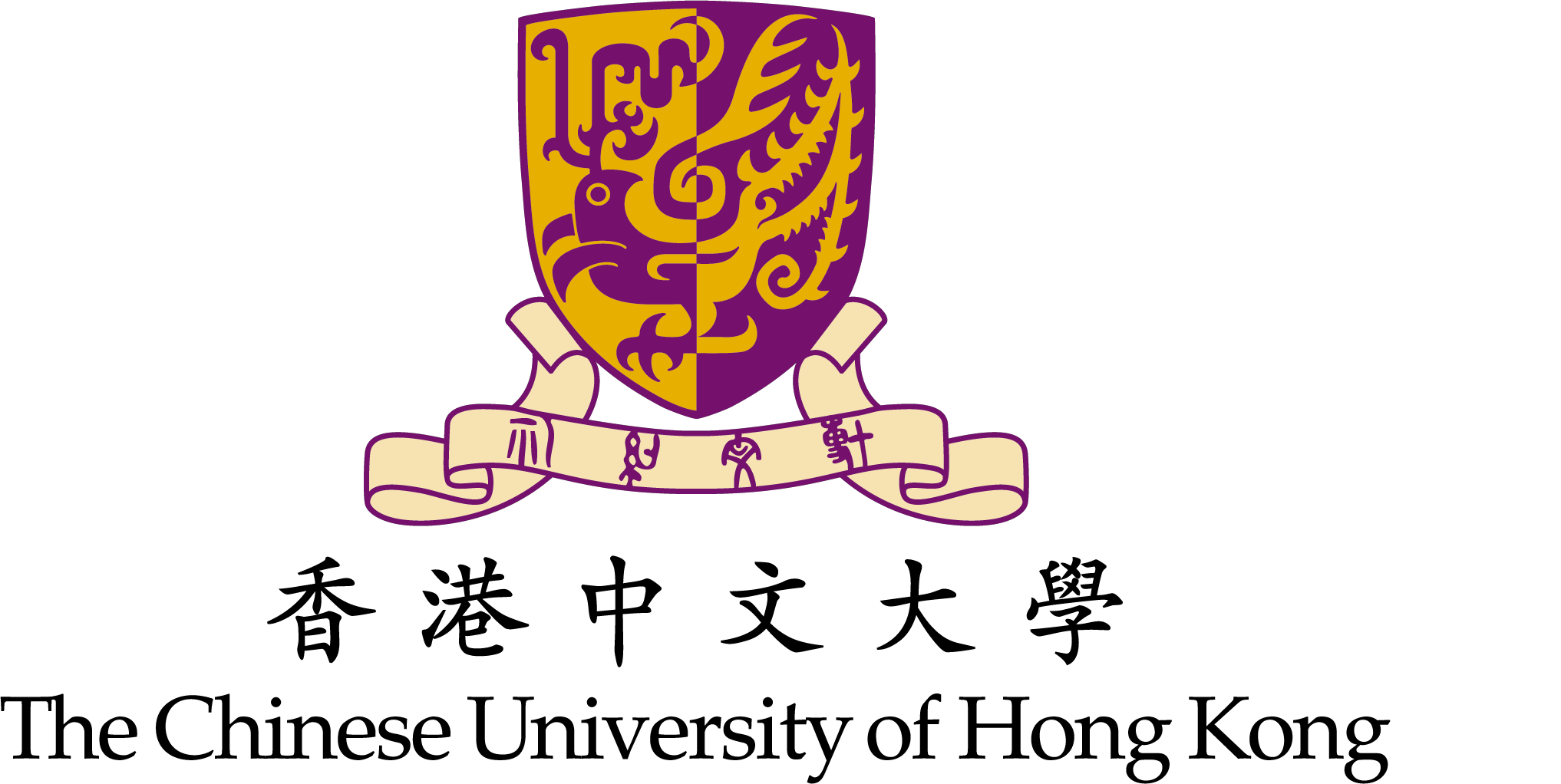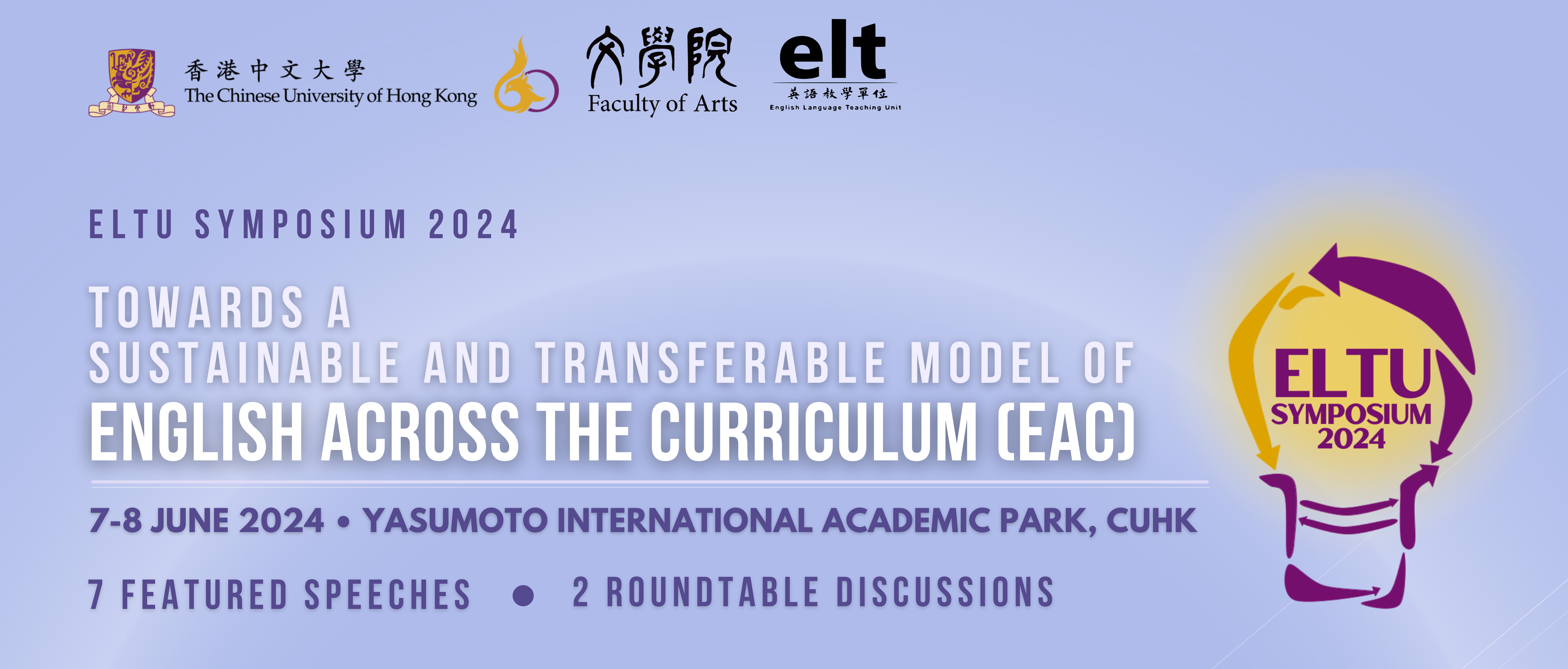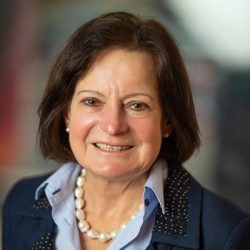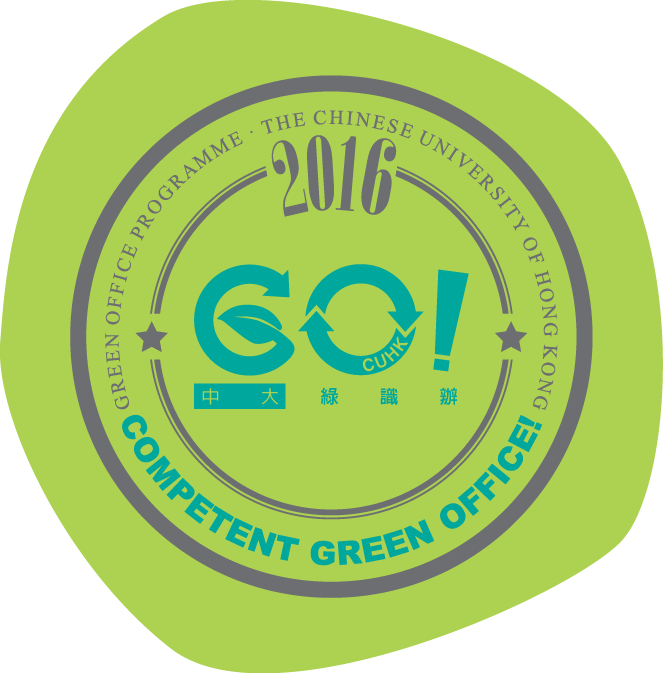Bio:
Ursula Wingate is Professor of Language Education in the School of Education, Communication and Society at King’s College London. Her research interests are in theoretical and pedagogical models underpinning students’ development of academic literacy, English for academic purposes, and language policies. In her publications, she promotes an inclusive and curriculum-integrated model of academic literacy support, which is based on the collaboration of EAP specialists with academics in the disciplines. Her most recent publications are concerned with process use by novice writers, as well as with convergences and cross-fertilisation between the fields of EAP and EMI. She is currently researching MA students’ use of multilingual resources inside and outside the classroom, as well as running a project on the ethical and effective use of AI-powered tools in academic writing.
Speech Title:
The English for Academic Purposes (EAP) Practitioner as Teacher Educator: Facilitating a Sustainable Model of Academic Literacy Instruction
Abstract:
All students entering university must become conversant in the communicative practices of their chosen disciplines, a competence referred to as academic literacy. It has long been recognised that academic literacy instruction needs to be embedded into disciplinary curricula, an approach that has been championed by the English Across the Curriculum project. For an inclusive and sustainable provision, it is important to enable content lecturers to embed a focus on academic literacy into their regular teaching and assessment practices. This requires language-content partnerships, in which EAP practitioners assist content lecturers in the embedding process.
I first discuss how EAP specialists, drawing on the knowledge domains of language, pedagogy and materials development, can support the embedding of academic literacy instruction into content teaching. Next, I provide examples of collaborations, in which language specialists perform educational roles, from contexts such as EMI settings, Writing in the Disciplines (WiD) programmes as well as content and language integrated learning (CLIL). I conclude by advocating greater investment into close collaborations between EAP staff and academic departments. This would help universities to move beyond remedial approaches, fostering a sustainable model of academic literacy instruction that enhances the overall quality of teaching and benefits students across the institution.





